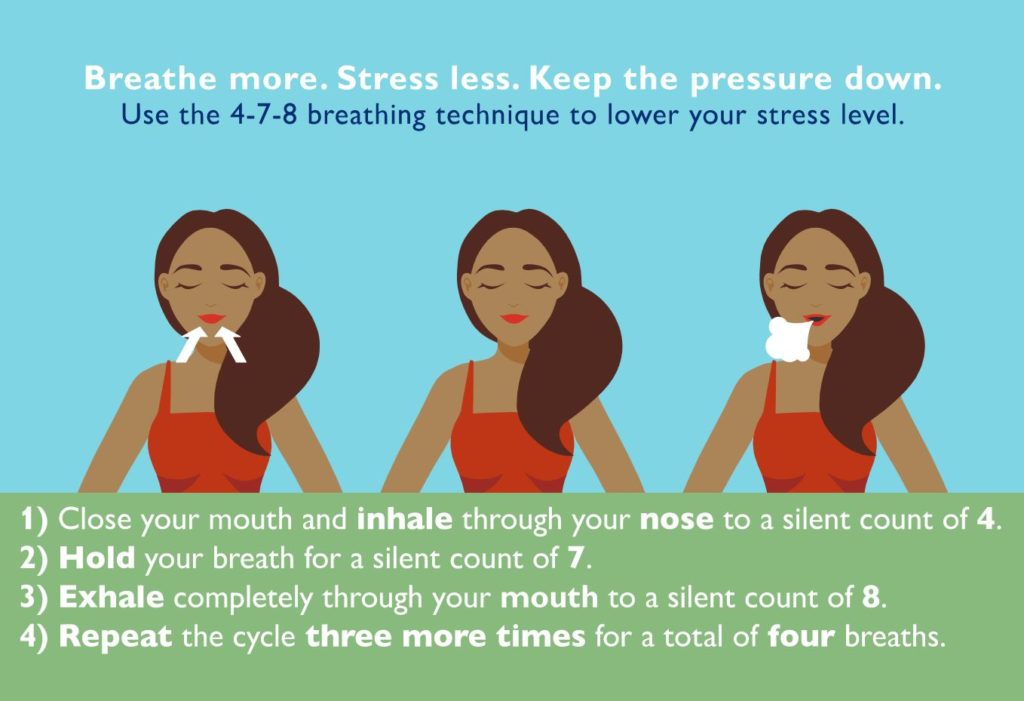Stress Less
Stress affects all of us daily. Many times, we don’t realize the impact it has on our well-being. Prolonged elevated stress levels may put us at risk for the following:
- Anxiety
- Depression
- Headaches
- Digestive problems
- Sleep problems
- Weight gain
- High blood pressure
- Heart disease
- Stroke
- Memory or concentration issues
Sometimes stress is unavoidable, but there are certain measures we can take to lower stress levels and reduce our risk for any of the latter conditions. Surrounding yourself with people who make you laugh is a big stress reliever. Simply spending some time each day to be silly will help you reduce stress levels significantly.
Others lower stress by getting organized. Making lists about what you wish to accomplish each day will leave your brain less cluttered and eliminate any overwhelming feelings.
Move your body more often. Exercise and general daily movement increase levels of serotonin in the body which alleviates feelings of stress.
Sleep is another important component in stress management. Getting enough sleep, at least 7-9 hours, will have you feeling less irritable and more productive during your day.
Pay more attention to your breathing. We do it every day, but do we every truly pay attention to it? By learning to focus on your breathing, you can trigger your body’s relaxation response according to Dr. Herbert Benson, a cardiologist at Harvard Medical School. If you are new to using your breath as way to relax, try this method depicted in the image below:

Sources:

